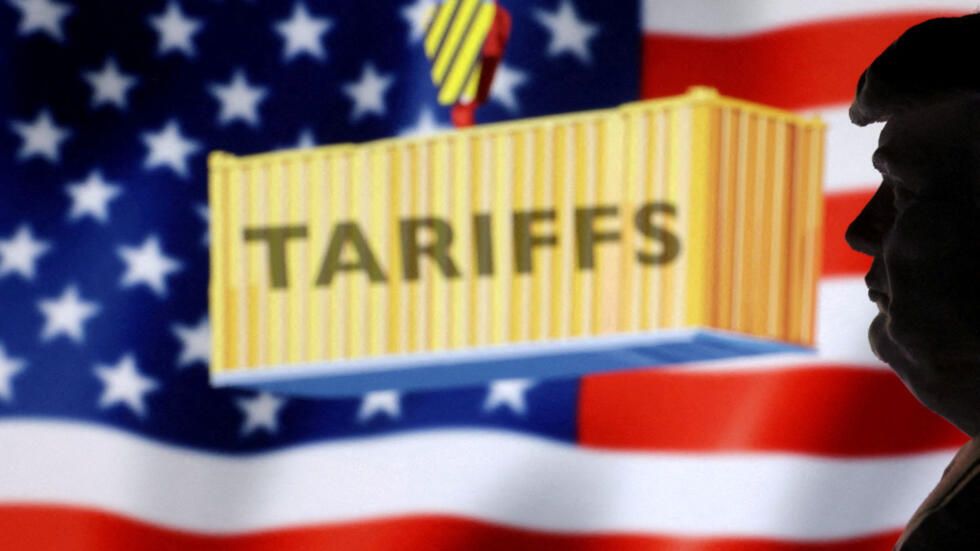
Mexico announced on Wednesday plans to hike tariffs on automobiles imported from China and other Asian nations, raising the levy to a steep 50%. The move is part of a broader strategy to overhaul import duties across multiple sectors, aiming to shield domestic industries and protect hundreds of thousands of manufacturing jobs.
According to Mexico’s Economy Ministry, the new tariffs will affect roughly $52 billion worth of imports, including textiles, steel, motorcycles, and toys. Vehicles from China, currently subjected to a 20% tariff, will see these duties more than double, hitting the highest level permitted under World Trade Organization rules.
Economy Minister Marcelo Ebrard emphasized the necessity of these protections, explaining that without such measures, competing with heavily discounted Chinese cars which are entering Mexico’s market below “reference prices” becomes nearly impossible for local manufacturers.
“They already have tariffs,” Ebrard said during a press briefing. “What we will do is raise them to the maximum level allowed. Without a certain level of protection, you almost can’t compete.”
The plan targets countries lacking formal trade agreements with Mexico, including China, South Korea, India, Indonesia, Russia, Thailand, and Turkey. Textile tariffs will range between 10% and 50%, while steel, toys, and motorcycles will face a 35% levy. The government projects these measures will safeguard approximately 325,000 jobs in Mexico’s industrial and manufacturing sectors.
While the government’s proposal is awaiting congressional approval where it enjoys strong support, China expressed strong disapproval. A spokesperson for China’s foreign ministry condemned the tariffs as coercive and counterproductive, urging Mexico to prioritize collaboration for global economic recovery instead.
“The Chinese side firmly opposes any form of coercion and restriction imposed under various pretexts,” ministry spokesperson Lin Jian stated at a routine news briefing. “We will resolutely defend our legitimate rights and interests according to the actual situation.”
This policy shift comes amid increasing U.S. efforts to curtail China’s economic influence in Latin America. Mariana Campero of the CSIS Americas Program remarked, “The U.S. will not allow China to use Mexico as a backdoor,” highlighting that Mexico’s trade deficit with China has more than doubled over the past decade, reaching $120 billion last year.
Earlier this year, Minister Ebrard voiced opposition to tariff hikes, arguing that they conflict with goals of economic growth and controlling inflation. However, the current measures underscore a shift in Mexico’s stance as it balances domestic priorities with external diplomatic pressures.



